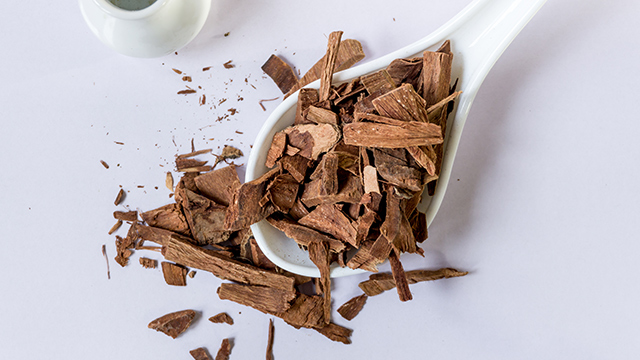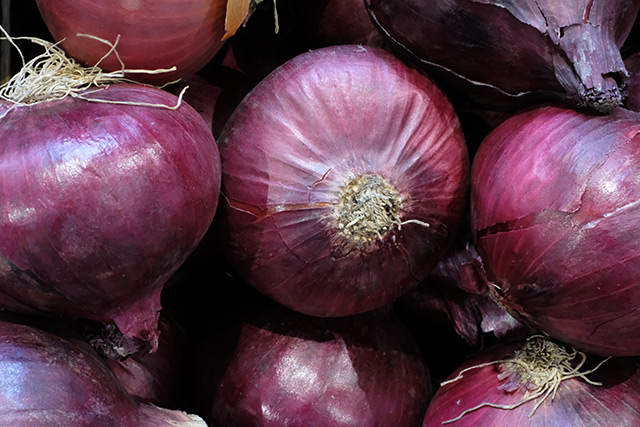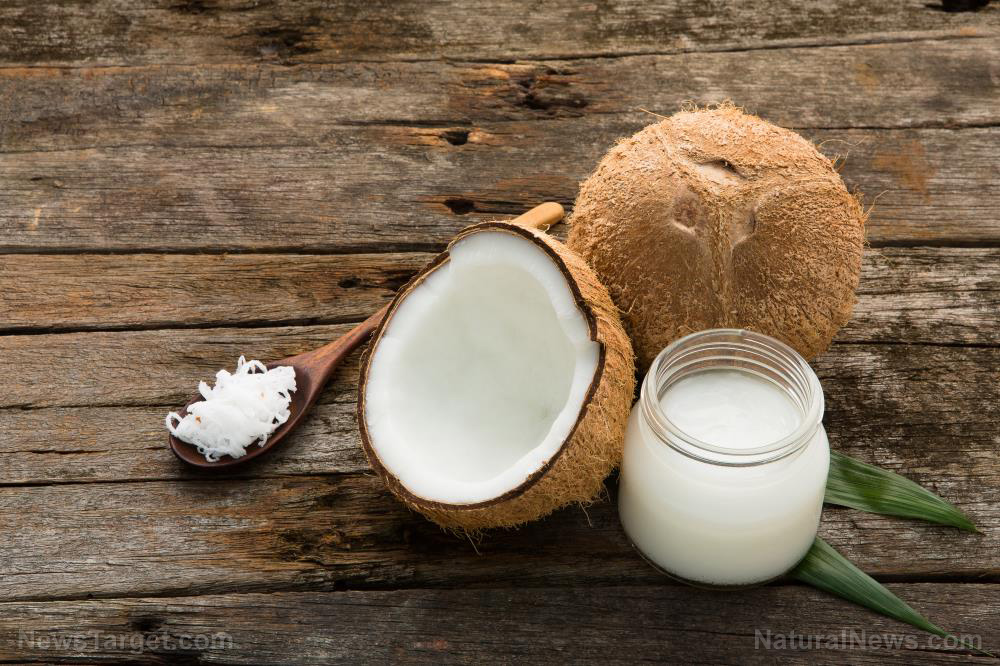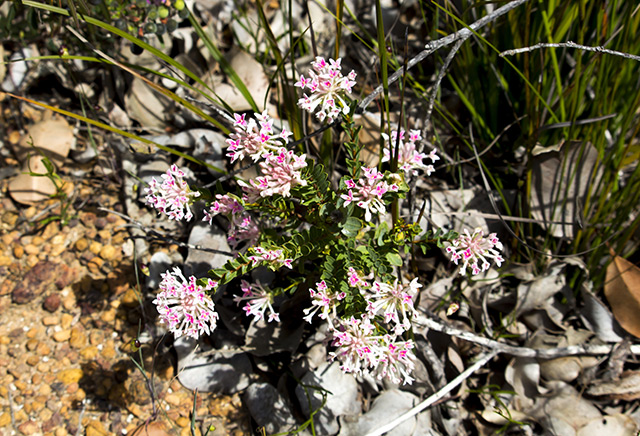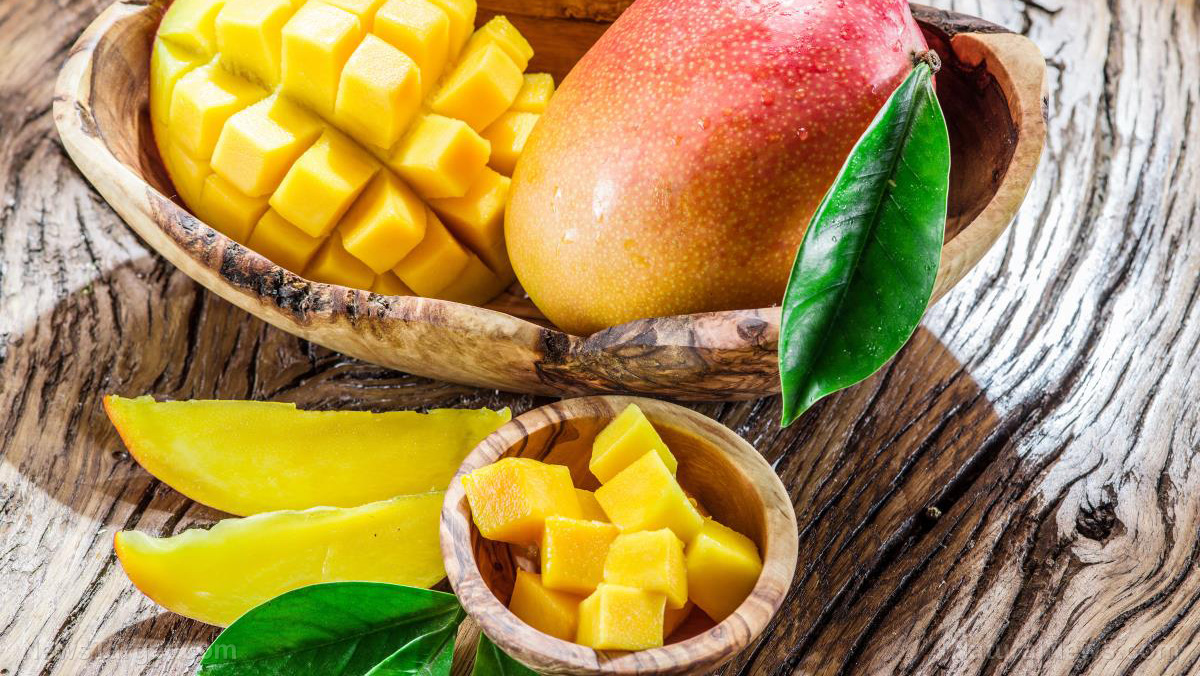Eucalyptus essential oil found to help manage diabetes
10/28/2018 / By Jhoanna Robinson
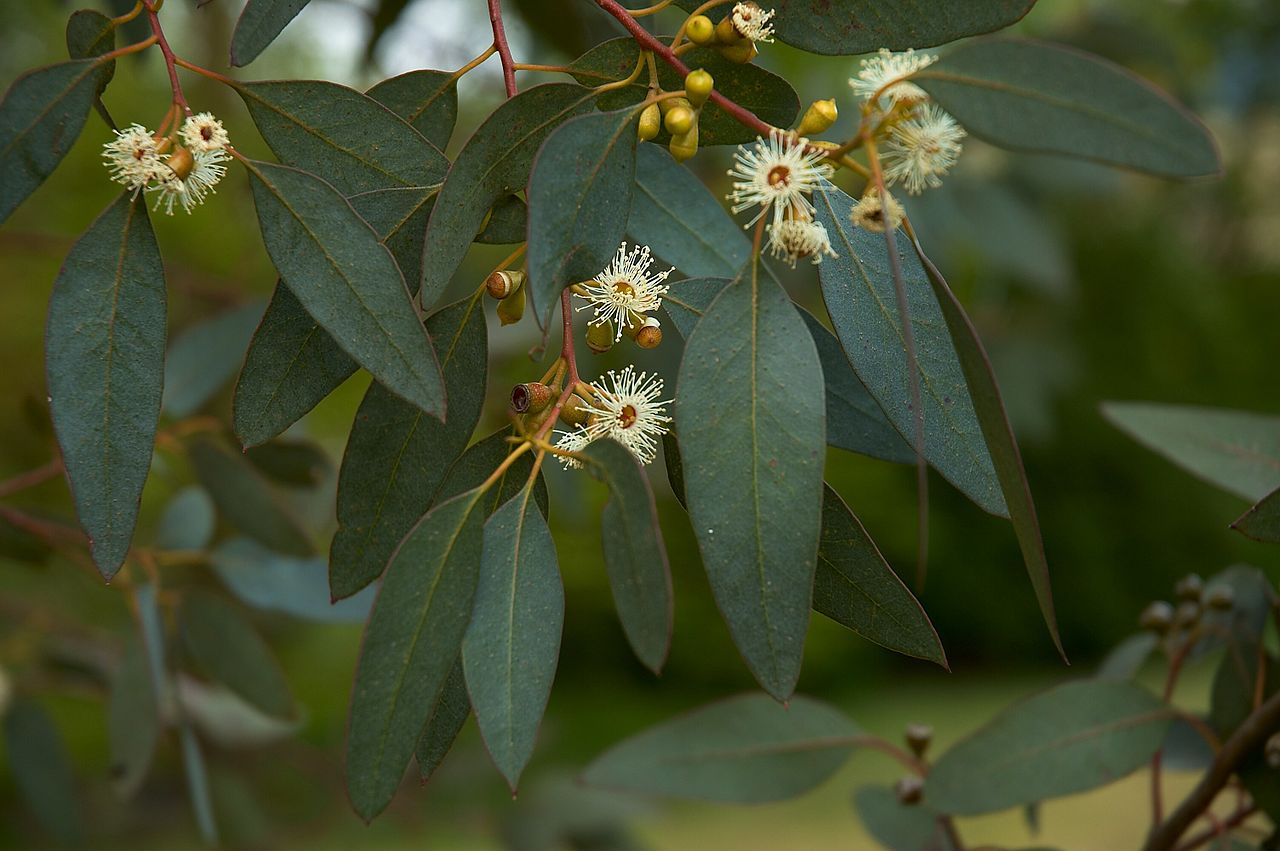
A study titled “Anti-diabetic and antioxidant potentials of aqueous extract of Eucalyptus globulus in experimentally-induced diabetic rats” analyzed the effects of eucalyptus on diabetic rats.
Eucalyptus globules is a member of the Myrtaceae family, along with pohutukuwa, bay rum tree, guava, acca, allspice, myrtle, and clove. It is native to southeast Australia and Tasmania, and is also found in other countries including Nigeria. It is a widely used material in the pulp industry and eucalyptus oil, its extract, is useful in aromatherapy and phytotherapy.
Among the compounds that are contained in eucalyptus are alcohols, aliphatic aldehydes, isoamyl alcohol, ethanol, tannins, manganese, cineol, rutin, terpineol, sesquiterpene, and terpenes.
Diabetes mellitus is characterized by high levels of plasma glucose due to insulin deficiency. It includes both types of diabetes and gestational diabetes; diabetes has been linked to endocrinopathies, genetic predisposition, infections, and drugs.
The study was conducted by dividing 30 male albino rats into five groups. Group A was the control and was given standard rat chow and water ad libitum. Diabetes was induced in the animals of groups C, D, and E by intraperitoneal administration of 150 milligrams per kilogram (mg/kg) of alloxan monohydrate.
The rats in groups B and D were given eucalyptus at a dose of 150 mg/kg daily for four weeks, while the rats of group E were given glibenclamide at a dose of 0.6 mg/kg. Plasma glucose, antioxidant status, liver function enzymes, and bicarbonate iron were studied after four weeks.
100% organic essential oil sets now available for your home and personal care, including Rosemary, Oregano, Eucalyptus, Tea Tree, Clary Sage and more, all 100% organic and laboratory tested for safety. A multitude of uses, from stress reduction to topical first aid. See the complete listing here, and help support this news site.
Results and methodologies
The blood glucose of group B animals significantly heightened when compared to group A animals while the blood glucose levels of group D animals significantly lessened when compared with group C animals. The antioxidant status of group B animals and group D animals also increased when compared with animals from groups A and C.
The researchers found that extracts of eucalyptus leaves significantly lessened plasma glucose level and liver enzymes. It also heightened serum levels of xantine oxidase and catalase. This means that eucalyptus has hypoglycemic, hepatoprotective, and antioxidative properties, according to the study.
Eucalyptus also slows down the progression of diabetes by preventing lipid peroxidation (or the degradation of the lipids due to free radicals “stealing” electrons from the lipids in cell membranes, causing damage to the cells) and ketoacidosis (when your body produces too much ketones and is unable to produce enough insulin).
“The results obtained in this study confirmed the antidiabetic potential of Eucalyptus globulus. The extract was also observed to have antioxidative and hepatoprotective properties. The phytochemicals present in the extract may possibly be responsible for these effects. We however recommend further studies at the cellular and molecular levels to determine the mechanism of action of this botanical,” the researchers wrote.
More on the eucalyptus plant
Eucalyptus has been known for treating various conditions such as asthma, plaque, head lice, bronchitis, and gingivitis, dental plaque, bad breath, headache, acne, bladder problems, liver and gallbladder issues, loss of appetite, stuffy nose, wounds, burns, ulcers, bleeding gums, fever, and flu, among others. (Related: Use eucalyptus oil to breathe easier, kill germs, and more.)
Studies show that the leaf of eucalyptus can help manage blood sugar levels and that it has chemicals that can fight against bacteria and fungi. It also has anti-inflammatory properties, researchers previously reported.
Eucalyptus oil is safe when orally taken for around 12 weeks. It is possibly unsafe when directly applied to the skin or taken orally without being properly diluted. About 3.5 mL of undiluted eucalyptus oil ingested directly or applied topically can have fatal effects.
For more news and stories on the health benefits of eucalyptus, visit Healing.news today.
Sources include:
Tagged Under: alternative medicine, antioxidants, blood glucose, diabetes, essential oils, eucalyptus, herbal medicine, Herbs, hypoglycemic, medicinal plants, natural cures, natural medicine, plant cures, remedies





